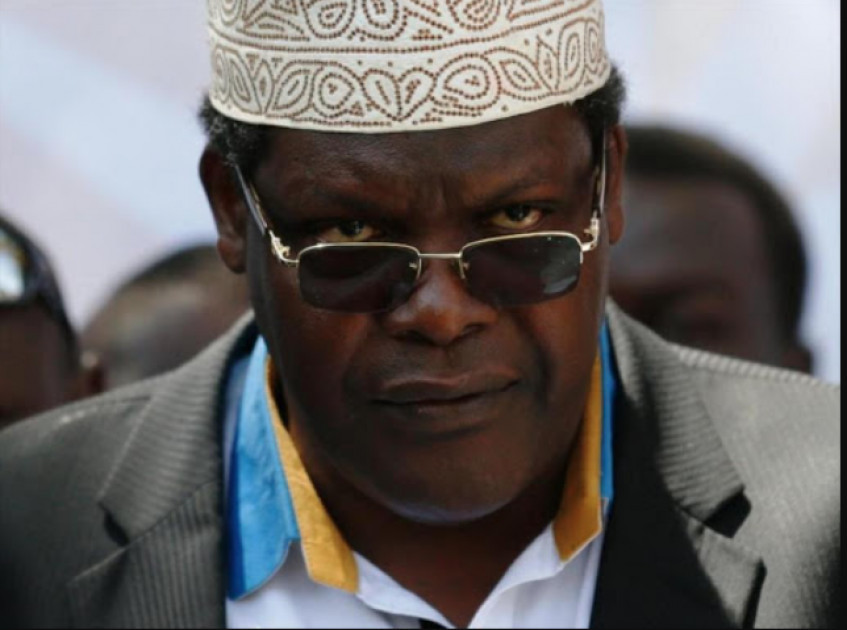Prominent lawyer Miguna Miguna has opposed the implementation of the National Digital ID system in Kenya, citing several critical concerns about its appropriateness and the country’s readiness.
In a statement issued on Wednesday morning, Miguna pointed out the recent concerns with the cryptocurrency project Worldcoin, where personal data was captured from Kenyan citizens for over a year without authorisation, as evidence of the country’s vulnerabilities.
“It’s not a priority for a 3rd world country facing high unemployment, no universal healthcare and homelessness,” argued Miguna.
“Kenya lacks the digital infrastructure to prevent cyber attacks, including hacking, hence making the harvesting, processing and storage of digital identity prone to abuse and illegal poaching.”
Another key point of contention raised by the legal practitioner was the absence of comprehensive public participation in the decision to introduce the National Digital ID system.
He expressed suspicions about the rushed implementation process, drawing parallels with previous initiatives like BBI Fraud and Huduma Number, which had raised concerns among the public, saying “Anything shrouded in mystery and rushed cannot pass the smell test.”
Drawing a global comparison, Miguna pointed out that even technologically advanced countries like Canada and the United States had not introduced compulsory digital identification systems due to widespread opposition, citing similar issues raised in Kenya.
The lawyer’s statement encapsulates the sentiments of many Kenyans on X – formerly known as Twitter who share his concerns about the introduction of the National Digital ID and called for a re-evaluation of its necessity and implications in a country facing a multitude of pressing challenges.
The government has set aside Ksh. 1 billion for the Unique Personal Identifiers (UPIs) for all Kenyans. Immigration Principal Secretary Julius Bitok on Tuesday said the UPI will be issued to all citizens at birth.
It will be used as the official identifier throughout all education stages, tax payment through the Kenya Revenue Authority (KRA) and as the death certificate number upon demise.
Bitok said Kenyans who attain the age of 18 will be issued with a card dubbed Maisha Card and described the rollout as a phasing out of the current generation of IDs to identifiers that are accessible digitally.
President William Ruto is set to launch the new cards on September 29.



